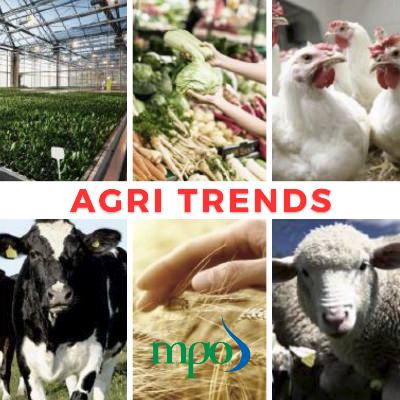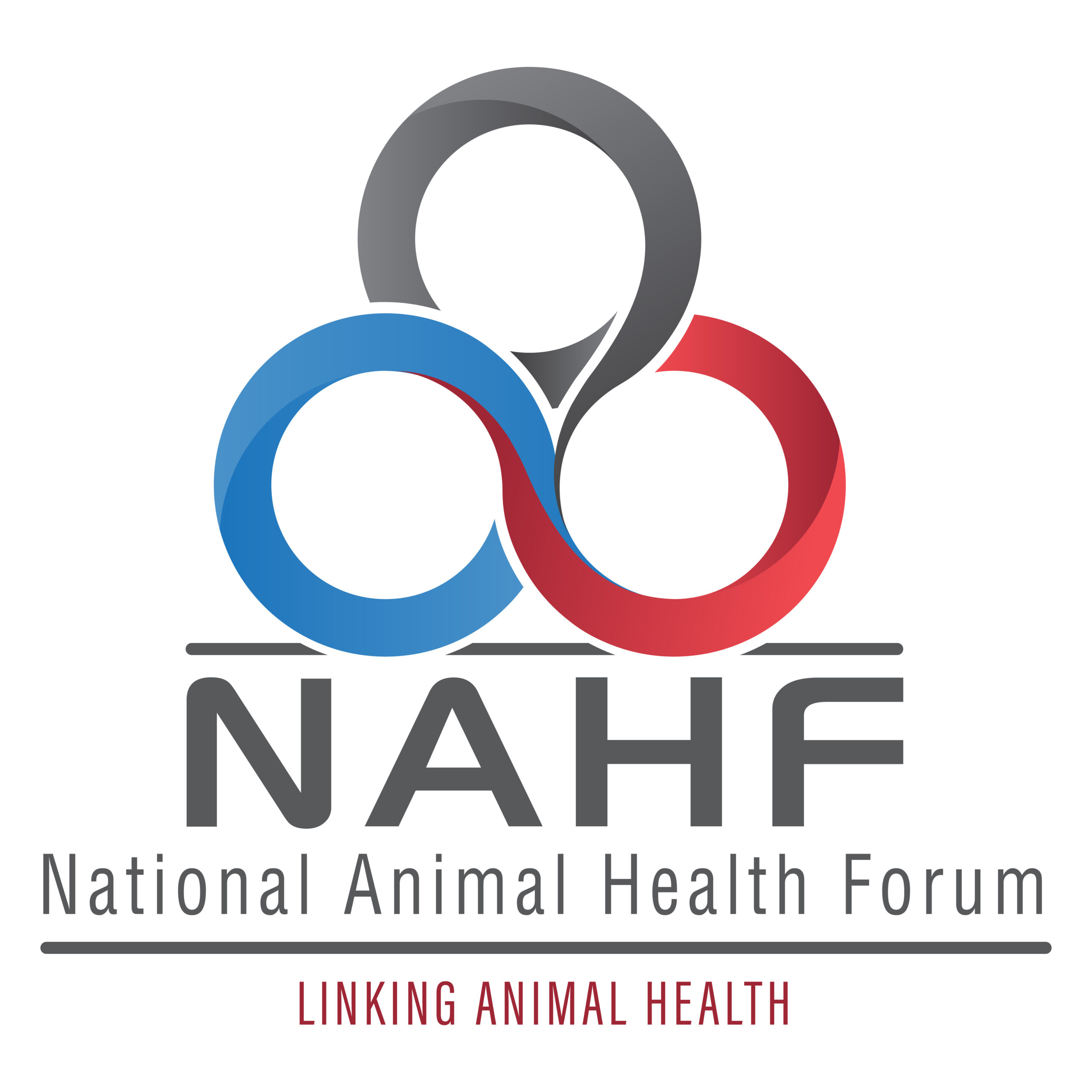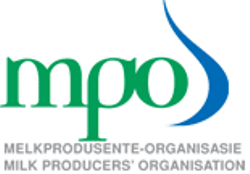
Lack of quality weaner cattle support SA livestock prices
The average South African weaner cattle prices for the month of August reached R35.09/kg which is strong. This price is 71% higher than the price paid the same time a year ago. Quality weaner cattle for feedlots have been limited, which support prices of better stock. Recently, there was very little weaner stock available for feedlots on some auctions in the country.
Livestock prices have increased significantly over the past months, and prices may have reached their peak. Consumers are under pressure, which may lead to a switch to cheaper alternatives. It is however in line with seasonal trends for prices to follow an increasing trend through August until after the festive season. South Africa celebrates heritage on the 24th of September, a day which is often celebrated by having informal braais. The warmer weather also encourages outdoor activities like braaing after winter.
Highlights
Grains & Oilseeds
- The new wheat import tariff was published on the 8th September 2017, revised downwards to R379.35/ton from R947.20/ton.
This tariff is the one that was triggered on the 11th July 2017 but was never published. The tariff publication system works in such a way that all the triggered tariffs (not previously published) must first be published chronologically before the latest one is published, therefore we only see the lower R379.35/ton (triggered 11th July 2017) now, thereafter a R752.35/ton (triggered 8th August 2017) tariff must be published before the latest triggered tariff R909.99/ton (triggered 5th September 2017) is officially published. How long before the producers should wait till a higher tariff is announced remains an uncertainty, for now this lower tariff may weigh on domestic prices and encourage imports.
- Low old crop stocks coupled with low domestic soya meal consumption demand caused the decline (24% decline Mar/July 2017) in domestic soybean crushings in the recent months, even with the bumper crop. Processing needs shifted more to sunflower seed crushings (up by 12% Apr/July 2017).
South African crushing industry will hardly need to import sunflower seed in this season; potential increase of processing may curb South African import requirements for sunflower oil and meal in the coming months.
Livestock & Fibre
- 6.2% fewer cattle were slaughtered during the month on July 2017 compared to June 2016. If we are to compare the July 2017 slaughter numbers to the same time a year ago, it shows that a two digit 13.2% fewer cattle were slaughtered this year. This is representative of the current trends in the market where producers are rebuilding herds.
- Month on month, 10.8% fewer sheep were slaughtered in July 2017 compared to June of 2017. This represents a 9.1% reduction in sheep slaughter when we compare it to the same time a year ago.
- During the month of July 2017, 1.4% fewer pigs were slaughtered compared to June of 2017. When one compared the July 2017 figure, this constitutes a reduction of 5.9% pig slaughter compared to July of 2016.
Published on Friday, 8th September 2017 - 12:46
Recent Posts
disclaimer









